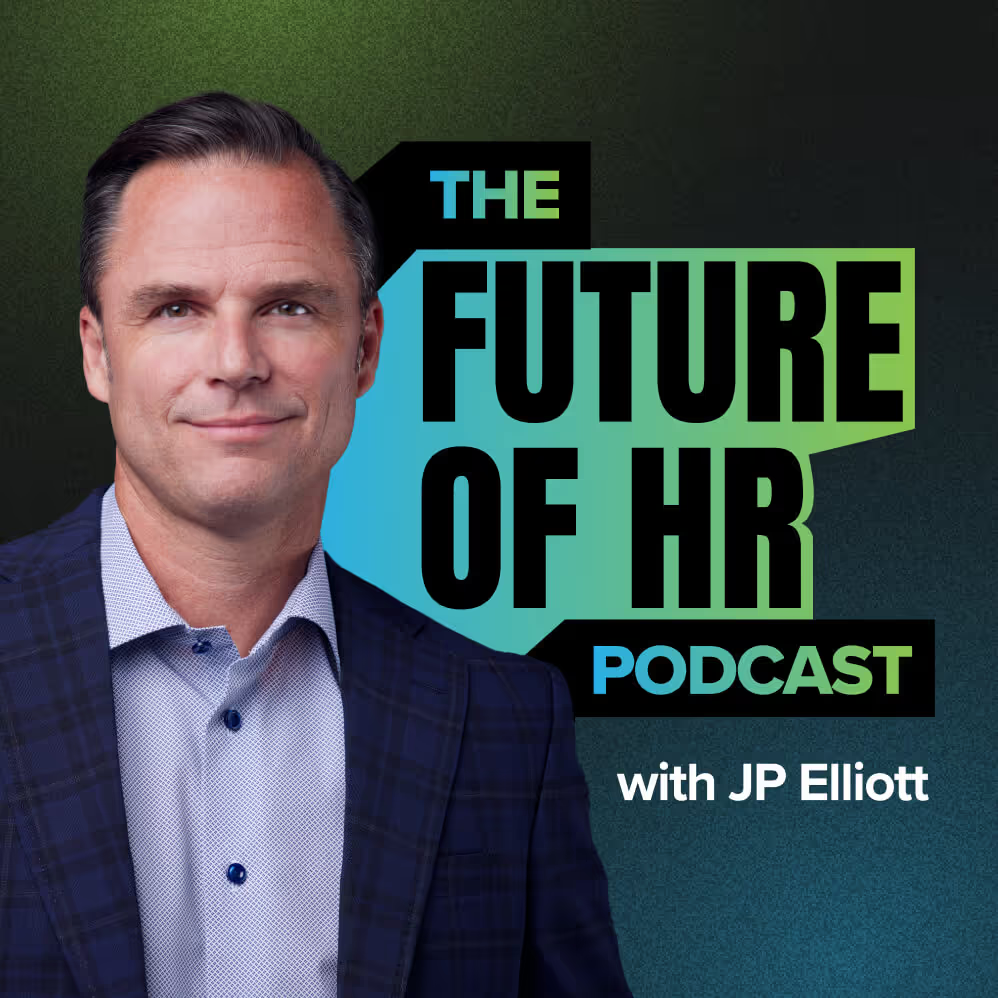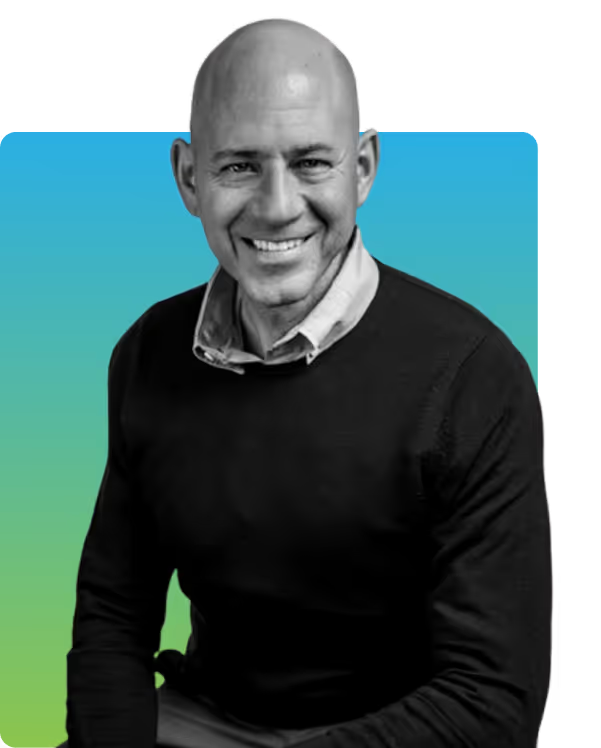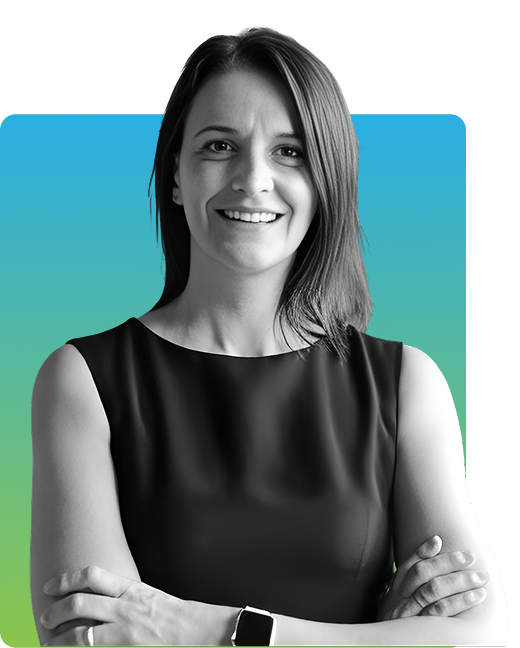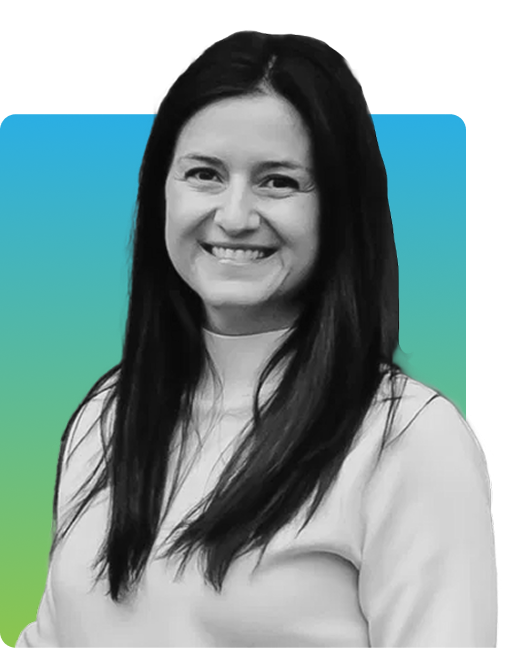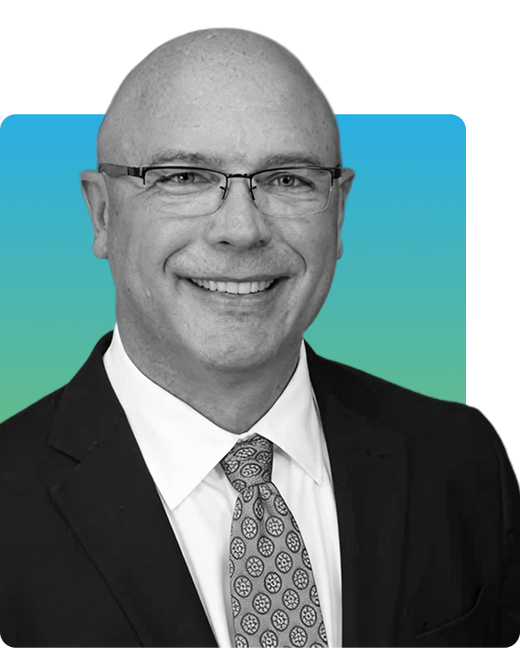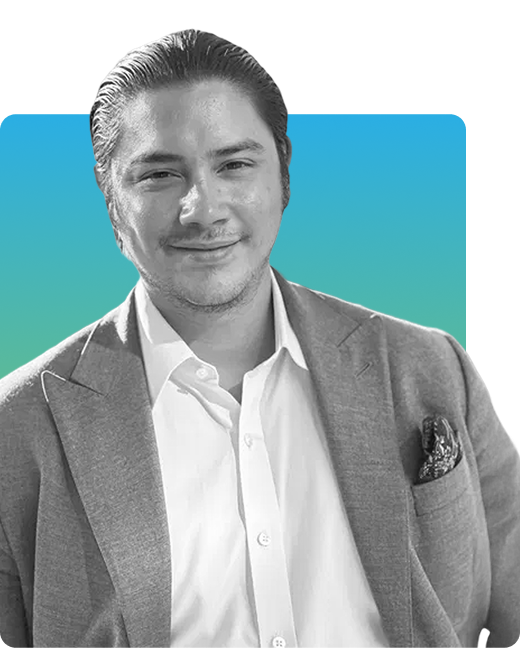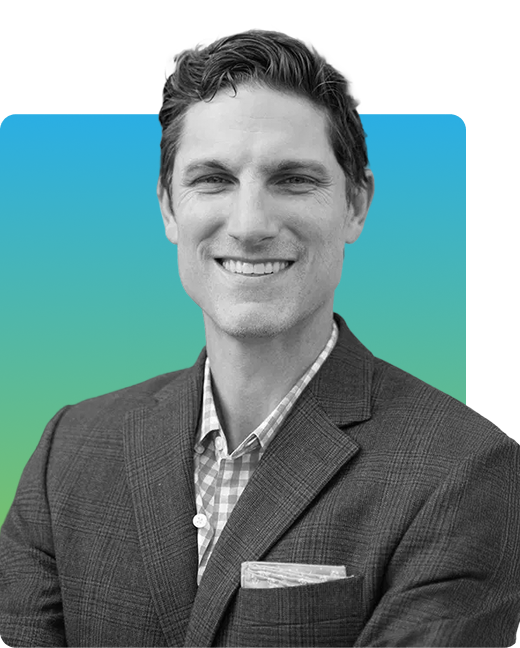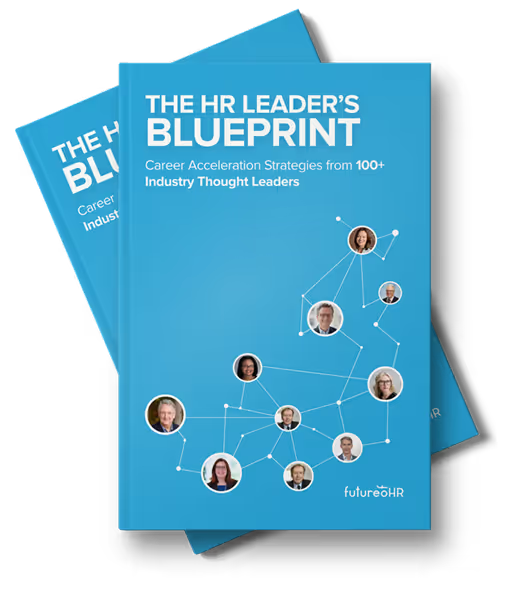Fast-track your career with The Future of HR Podcast
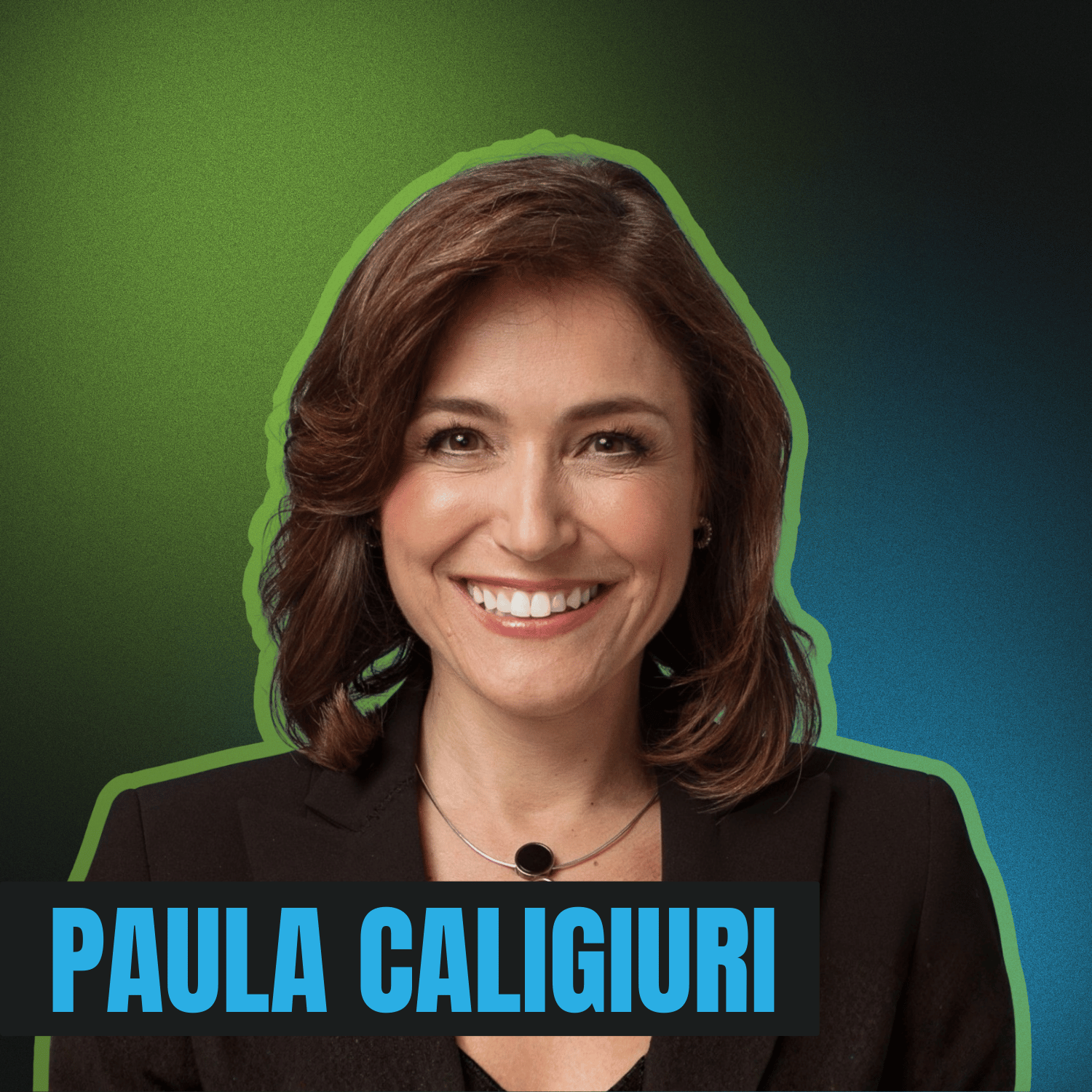
177
ep.
How do leaders develop cultural agility? Why is cultural agility an essential skill in the age of AI? My guest on this episode is Paula Caligiuri, Distinguished Professor at Northeastern University, Co-Founder of Skiilify, and Best-Selling Author. During our conversation, Paula and I discuss the following: Why cultural agility is becoming a critical leadership capability How leaders actually develop effectiveness across cultures Why vulnerability, curiosity, and perspective-taking build trust and adaptability. How individual behavior shapes team dynamics more than formal authority. How organizations can intentionally design experiences to develop global leaders.

.png)
How does active listening build a culture of trust? Why is the employee experience as important as the customer experience? My guest on this episode is DJ Casto, CHRO, Synchrony During our conversation, DJ and I discuss the following: How adopting an agile mindset and methodologies transformed Synchrony's approach to HR How Synchrony bucked the “return to office” trend by listening to employee feedback and maintaining a flexible, performance-based work model. Why they created a frontline experience team to invest in and improve the employee journey and customer experience. How Synchrony uses active listening to co-create the employee experience and shape the culture.


How can “managing up” help you to have more impact and influence? Why is managing up a critical leadership skill for all HR leaders? My guest on this episode is Melody Wilding, author of “Managing Up”, keynote speaker, and executive coach During our conversation, Melody and I discuss the following: The biggest misconceptions about managing up and why they are wrong Why managing up is a core leadership skill that every HR leader needs to learn Practical tools and questions HR leaders can use to help clarify priorities and expectations with leaders. The four main communication styles leaders need to recognize to build trust and influence across the organization. How to structure upward feedback for your boss to ensure it lands diplomatically and productively.

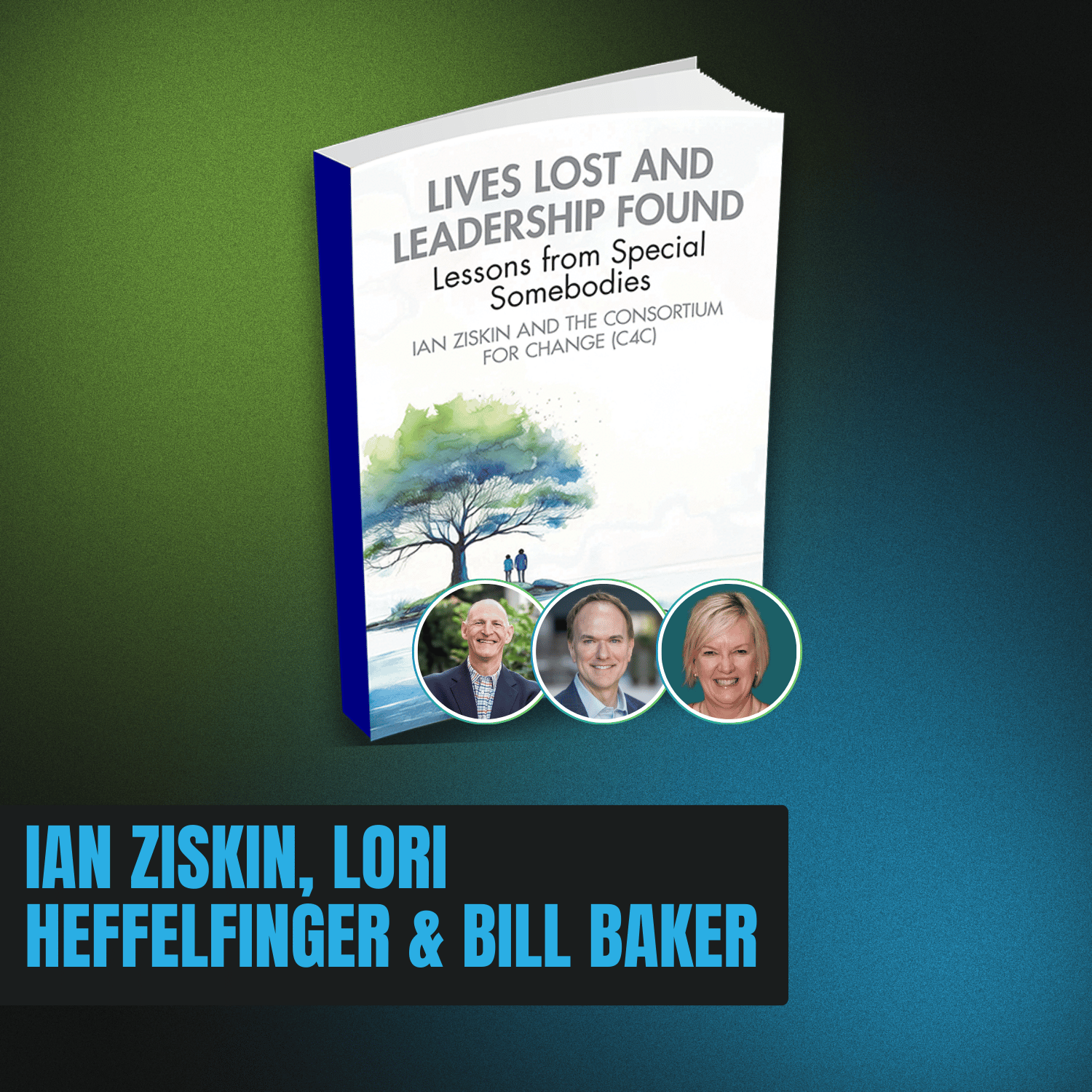
173
ep.
My guests on this special holiday episode are Ian Ziskin, Lori Heffelfinger, Bill Baker, lead author and co-contributors to “Lives Lost and Leadership Found.” During our conversation, Ian, Lori, Bill and I discuss the following: The inspiration behind the book "Lives Lost and Leadership Found" and how personal loss can serve as a foundation for personal growth. The neuroscience behind grief: how loss rewires your brain and why that matters for leaders. What research reveals about the role of intentionality in healing after loss and becoming a stronger leader. The power of storytelling and reflection—why writing about a special someone can be transformative

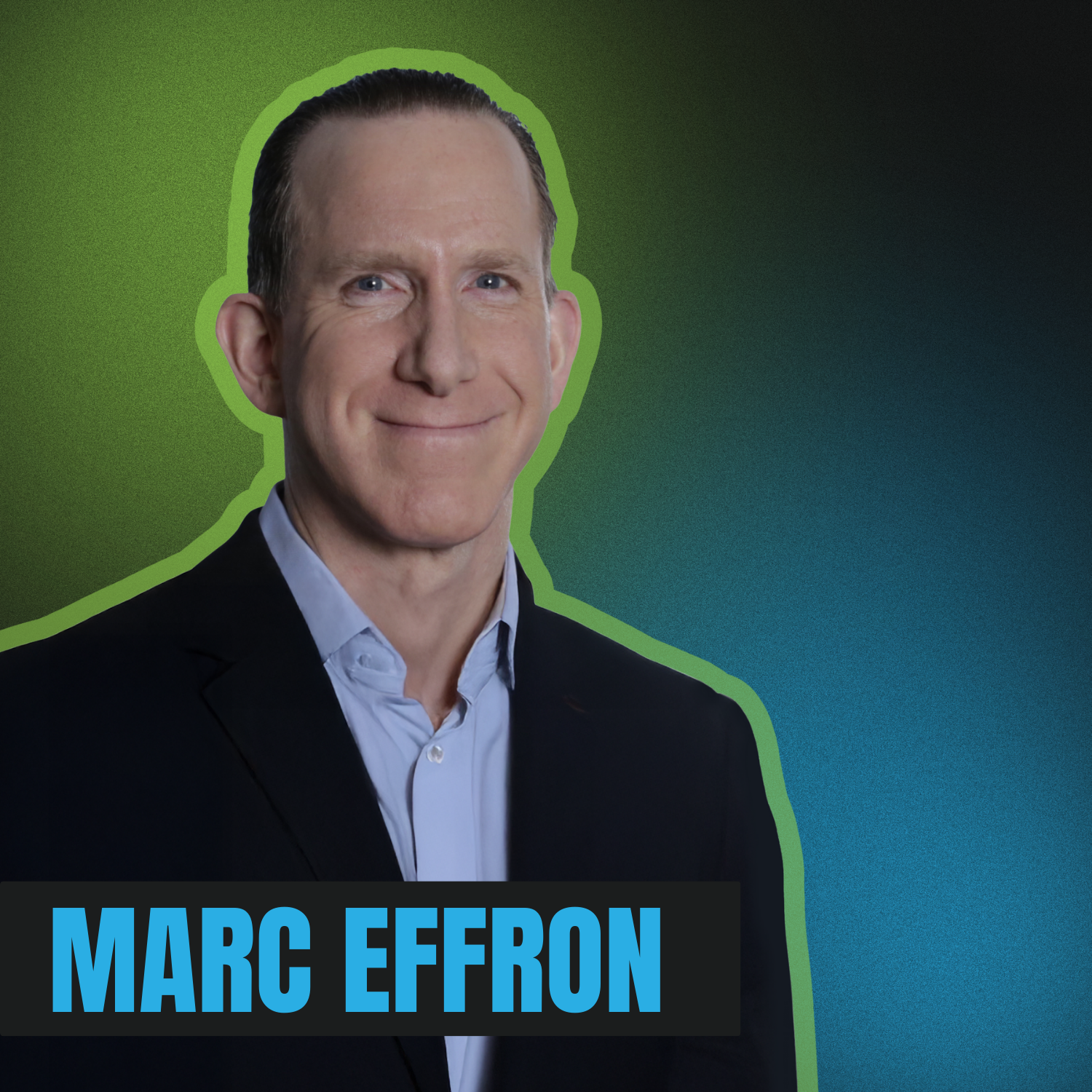
172
ep.
What differentiates the best HR leaders from the rest? Why isn’t enough to “know the business, you must love the business My guest on this episode is Marc Effron, President, Talent Strategy Group. During our conversation, Marc and I discuss the following: Marc’s career journey and what led him to co-author One Page Talent Management The unforgettable advice that Marshall Goldsmith gave to Marc The one question that will help advance your career What differentiates the best HR leaders from the rest

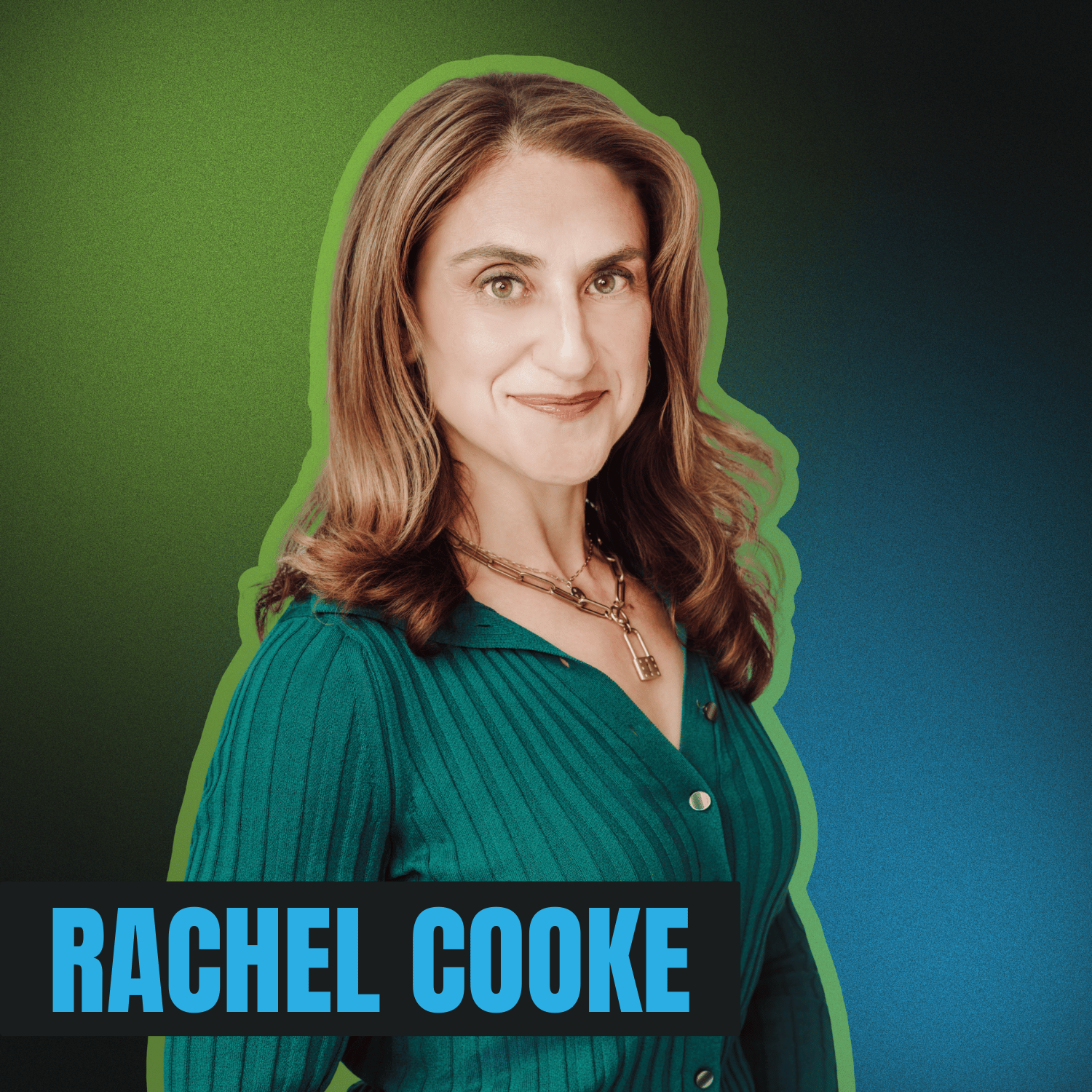
171
ep.
How can leaders redesign work to boost both engagement and well-being? Why is “fit for purpose” more important than “best practice” when it comes to designing work? My guest in this episode is Rachel Cooke, Founder of Lead Above Noise & Host of the Modern Mentor podcast. During our conversation Rachel and I discuss: Why today’s leaders are under greater pressure than ever before, especially with expanding spans of control and higher expectations. How leaders can increase engagement and embed wellbeing directly into how work actually happens The importance of asking those closest to the work to redesign the work How to create custom solutions for your team by seeking “right practices” rather than following industry “best practices.”

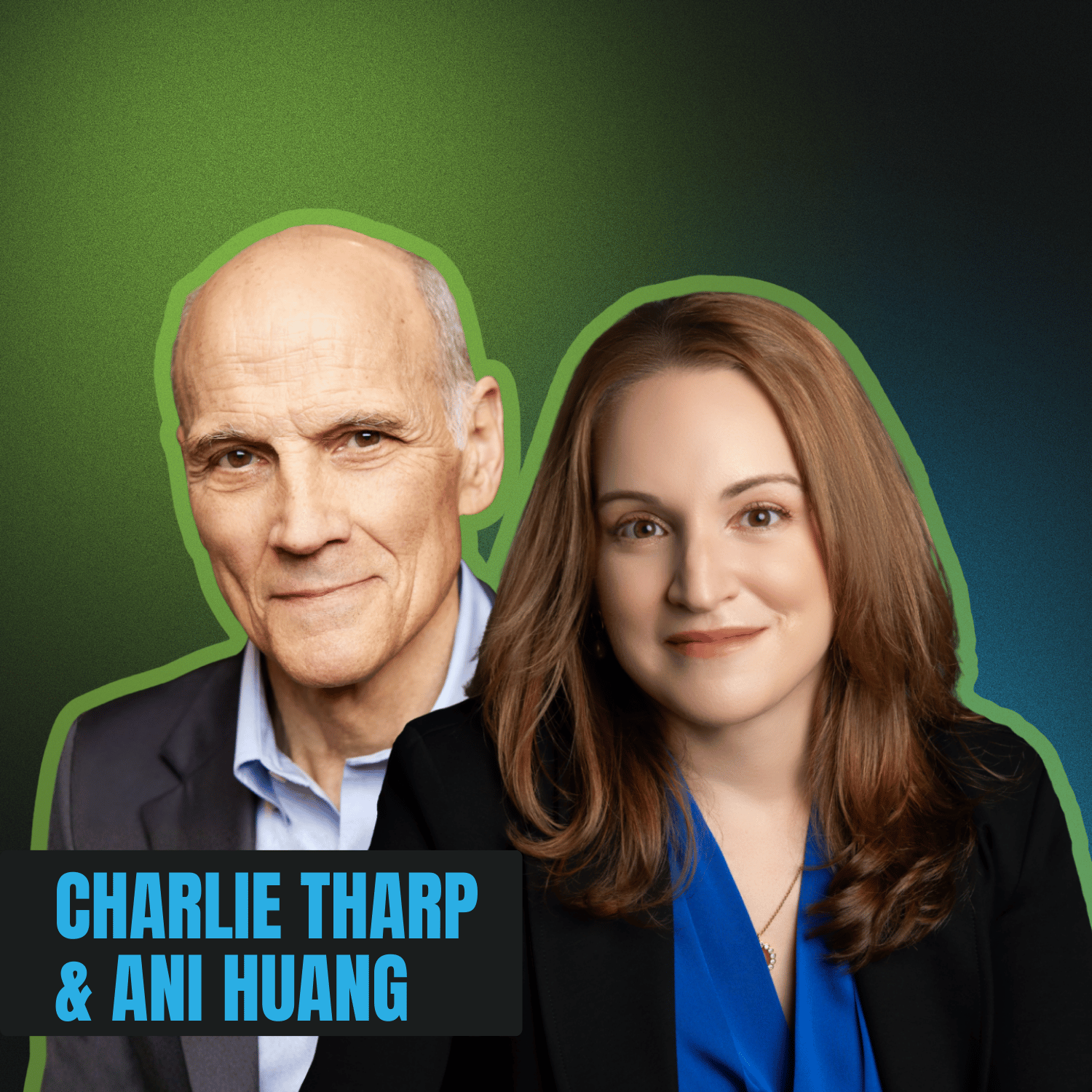
170
ep.
How does executive compensation shape company culture, performance and deliver shareholder value? Why should CHROs think of executive compensation as a communication tool? My guests in this episode are Ani Huang, President of Policy and Practice at the CHRO Association and Charlie Tharp, Senior Advisor for Research & Practice at the CHRO Association and the Center On Executive Compensation During our conversation Ani, Charlie, and I discuss: Why executive compensation is a strategic communication system that signals culture, priorities, and long-term value. How executive compensation aligns to the business strategy and drives long-term value. Why effective executive compensation starts with developing deep financial and business acumen. What builds fairness and transparency in pay systems. How executive compensation can impact the broader pay philosophy.


How can you build learning into how work gets done? Why should organizations think of learning as a system, not as a function? My guest in this episode are Kati Clement-Frazier, Director, School of Leadership at DaVita and Michele Graham, President of Intel and Learn at Amplity. During our conversation Kati, Michele and I discuss: Why learning must be treated as an organizational capability, not a set of programs. How psychological safety and reflection accelerate meaningful learning and behavior change. Why “flow of work” learning is about team routines, relationships, and work design—not microlearning. Why the future of learning requires new metrics and new mindsets. Why compliance-driven cultures limit experimentation, agility, and capability building.

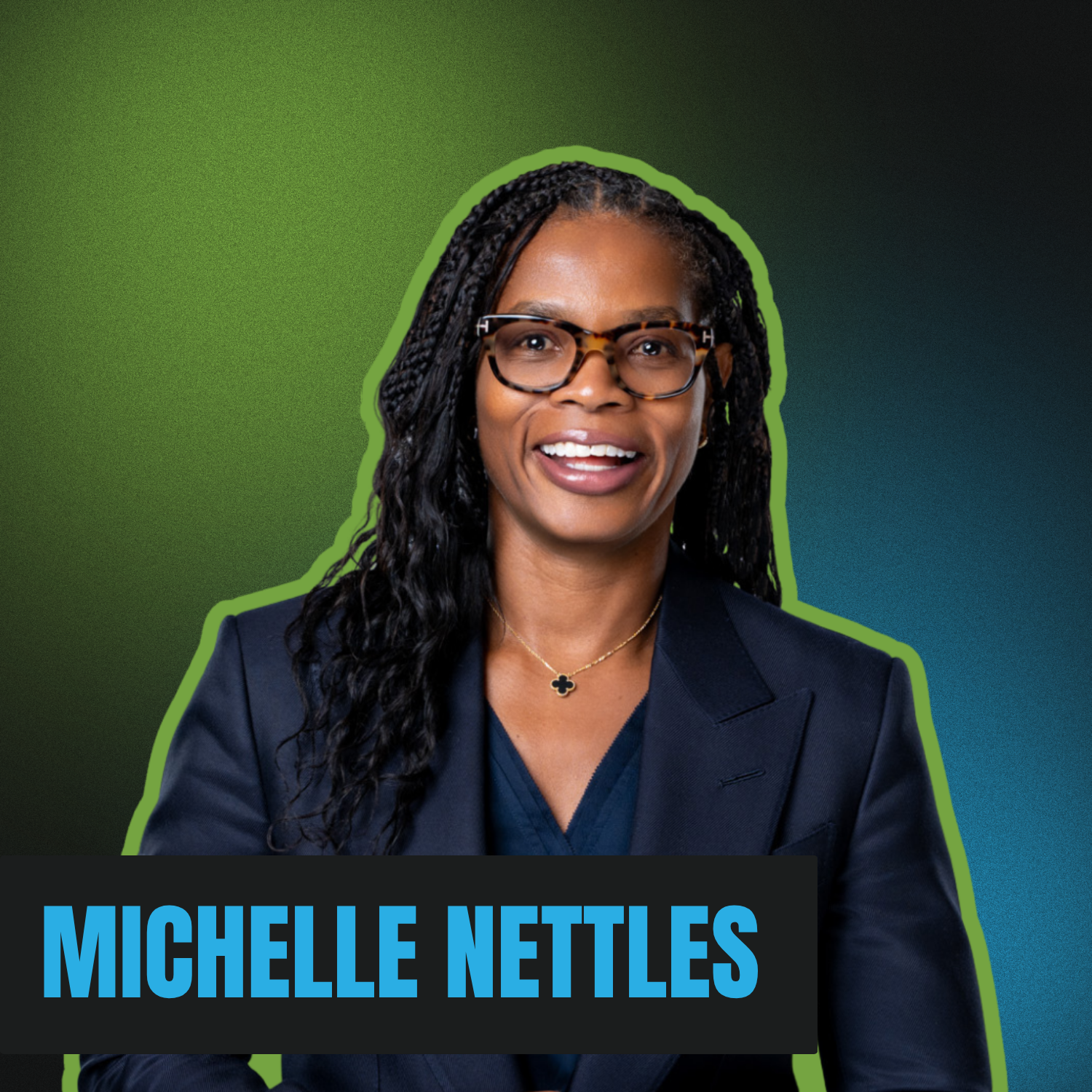
How can organizations balance people, profit, and purpose? Why do the most effective HR leaders focus on both intention and impact? My guest in this episode is Michelle Nettles, Global Chief People and Legal Officer at ManpowerGroup During our conversation Michelle and I discuss: How HR leaders can balance people, profit, and purpose to drive performance and impact. What it means to be a values-driven leader Why organizations should be focusing on capabilities over credentials. Why human skills: curiosity, adaptability, empathy, will define the future of work. Why outdated work models and ideas will be challenged by the next generation of HR leaders

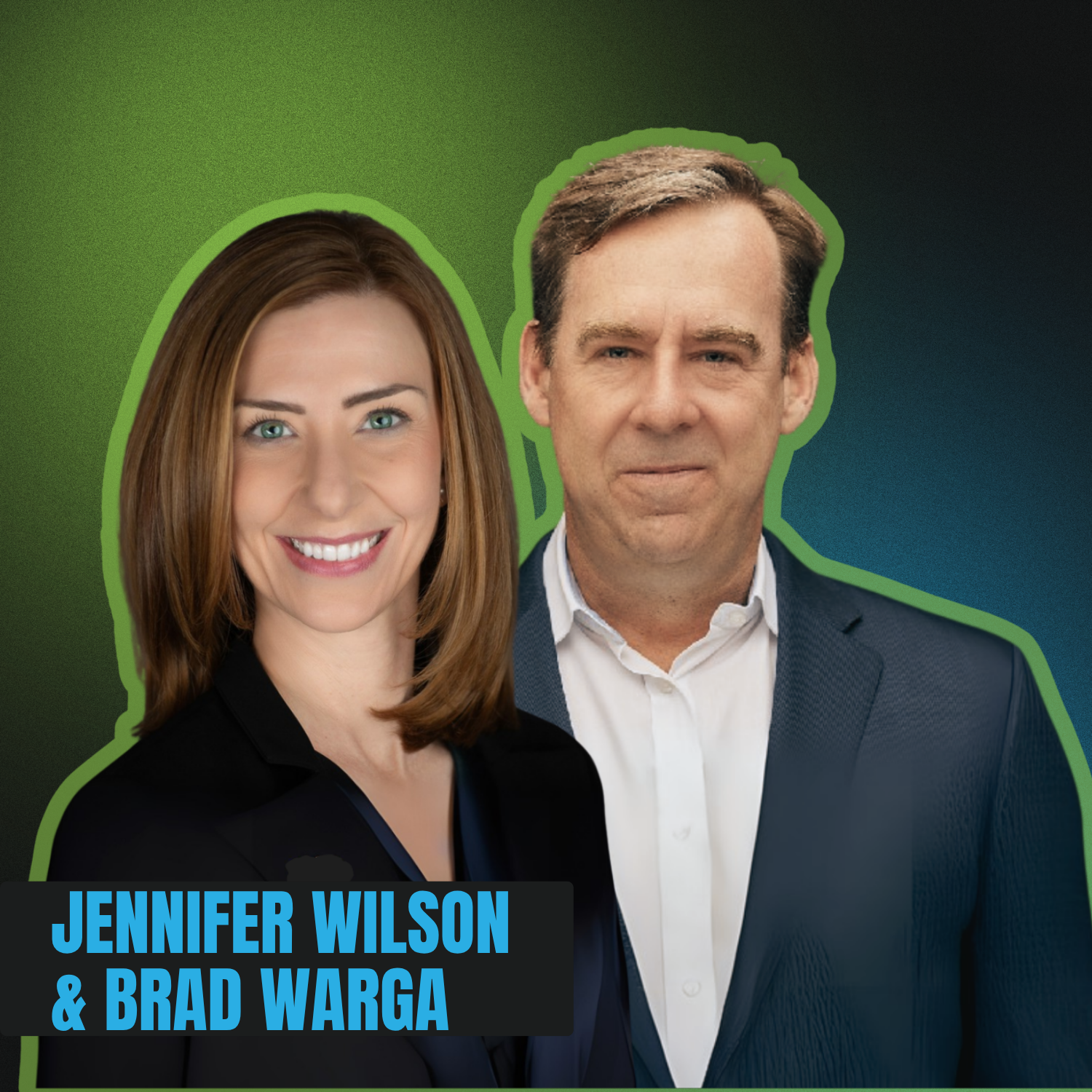
167
ep.
How are CEO expectations for CHROs changing? Why are more CEOs looking for CHROs with non-HR backgrounds? My guests on this episode are Jennifer Wilson and Brad Warga, Partners and Global Co-Heads of the Human Resources Officers Practice at Heidrick & Struggles During our conversation Jennifer, Brad and I discuss: Why CEOs are rethinking what great HR leadership looks like. Why CEOs are prioritizing candidates from strategy, finance, and other non-HR backgrounds. The growing expectation for CHROs to lead enterprise-wide AI strategies The widening gap between CHROs and their succession-ready direct reports Practical and actionable career advice for aspiring CHROs


